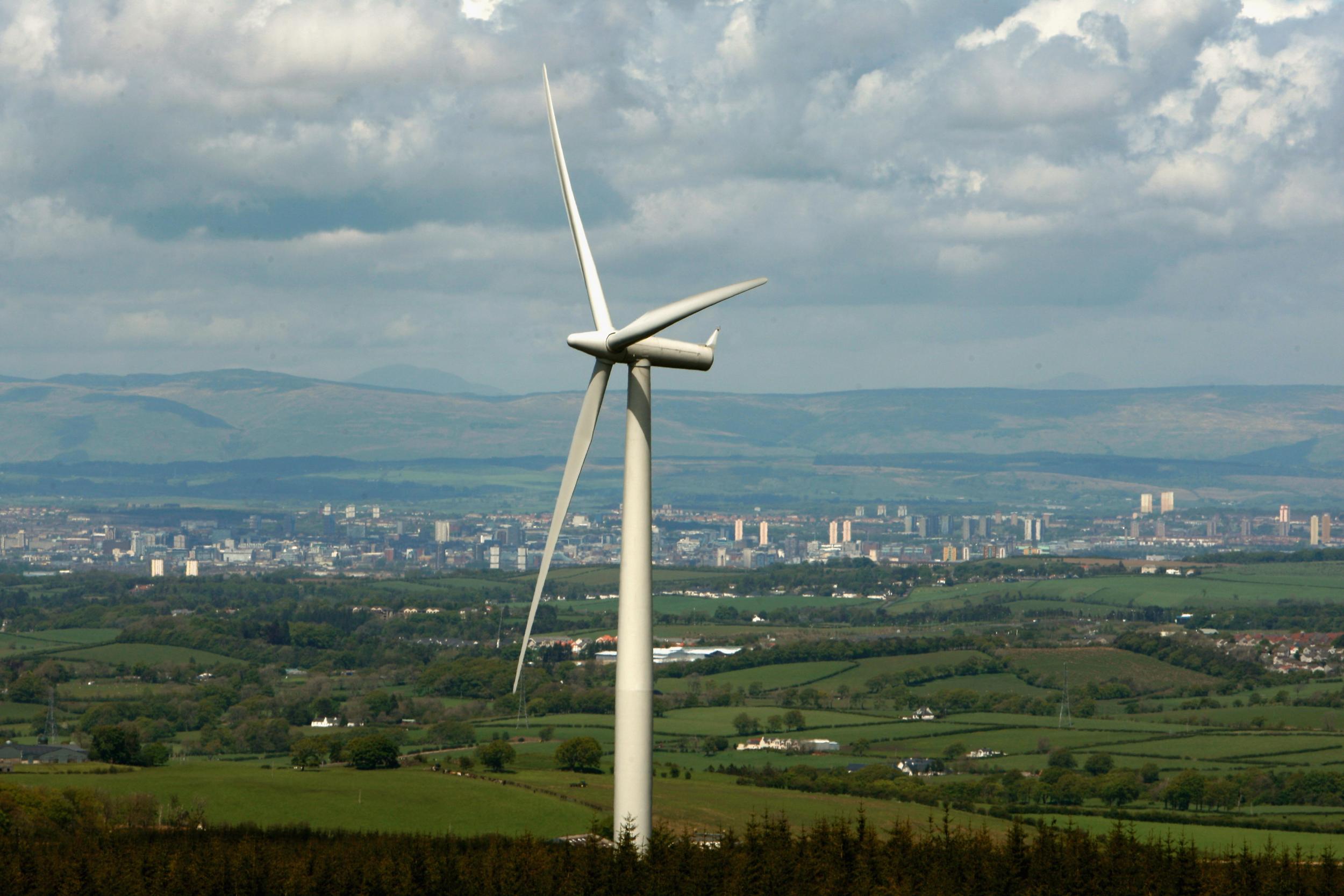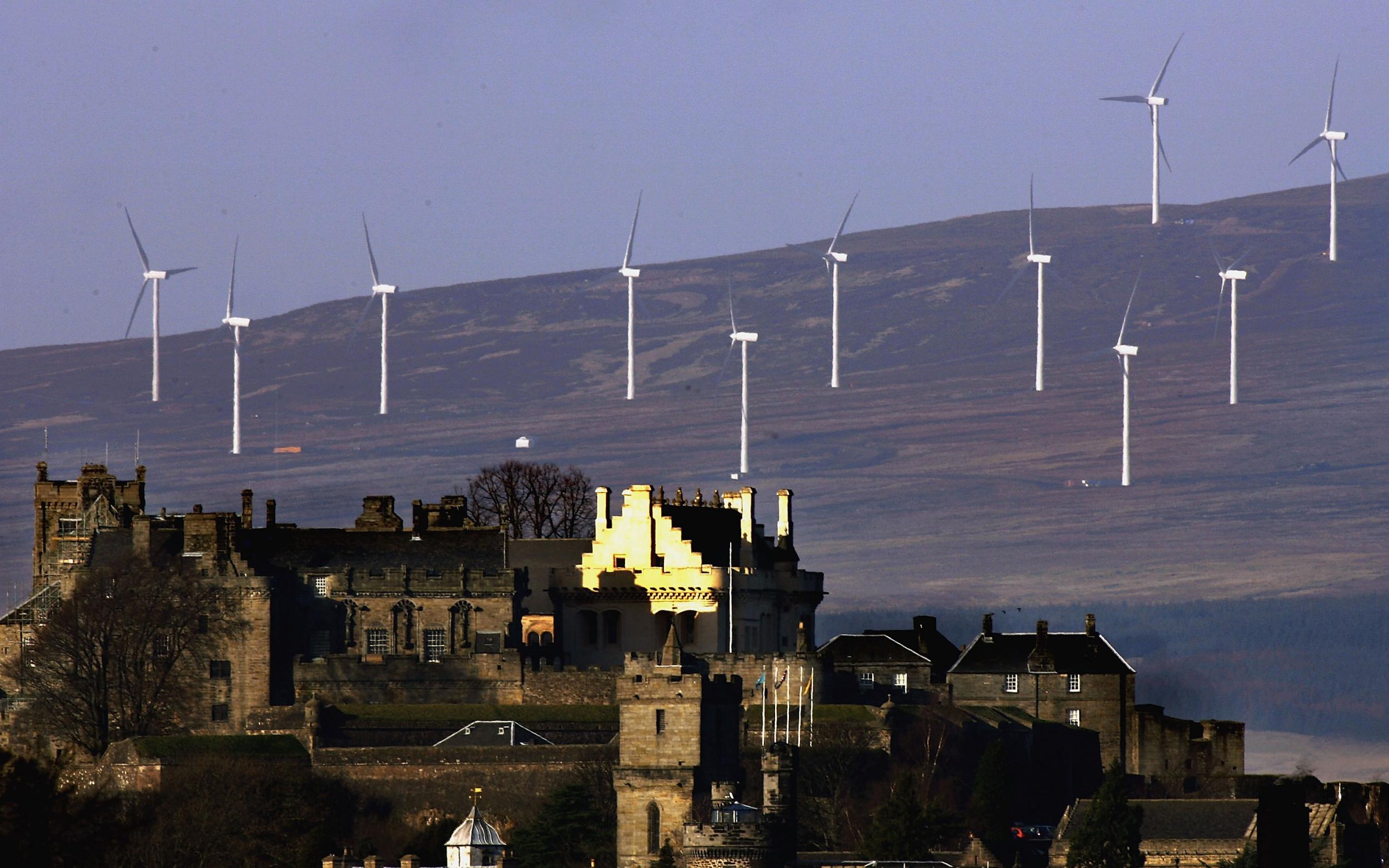Wind power is now the cheapest electricity to produce in the UK
The rise of renewable energy has made electricity generated by fossil fuels much more expensive

Electricity produced by wind power is now the cheapest in the UK, according to analysis from energy experts.
According to a new study by Bloomberg New Energy Finance (BNEF), wind power is now the cheapest electricity in both the UK and Germany, a first for any G7 economy.
According to Bloomberg, this is because the rise of renewables, as well as technolgical advances in efficiency and power storage, is making fossil fuel-generated energy more expensive.
This creates a cycle that pushes up the cost of coal and gas power, leading to more renewable energy being generated.

As they explain, the cost of electricity generated by wind, solar, or any other renewable power source, is essentially free. There are costs related to staff and maintenance, but the actual generation of the electricity comes from free natural forces.
However, with fossil fuels, energy companies also need to pay for the coal or gas that will be burned to keep power plants going.
Faced with a choice of a cheap or expensive method of generating power, companies will go for the cheaper one - however, it's previously been harder to make this choice due to the scarcity of renewable power generators.
However, as more and more renewable energy generators are produced, the less coal and gas needs to be used, with some of their share of electricity generation being taken away.
The less fossil fuels are used, the more money it takes to generate electricity with them in power plants, owing to the increased costs generated when these plants are sitting idle.
And as these costs rise, the more renewables will be used - it's a cycle that results in fossil fuels becoming more expensive and less used, and renewable power becoming cheaper and more prevalent.
As power plants become outdated and begin to be replaced, those funding them will see that the lifetime costs of these plants will only rise as renewables become more popular and less expensive - potentially causing them to think twice about putting their money in fossil fuel energy.
The cycle takes some time to mount, but according to the analysis, wind power has crossed the threshold - making it cheaper than fossil fuels in the UK and Germany, something that is bound to happen in other developed countries soon.
Currently, around 10 per cent of the UK's electricity is generated by wind. But if the cycle continues and using wind power begins to make more financial sense, this share could increase dramatically.
Join our commenting forum
Join thought-provoking conversations, follow other Independent readers and see their replies
Comments
Bookmark popover
Removed from bookmarks